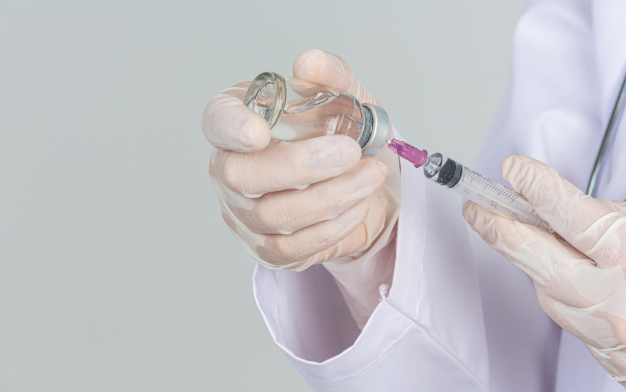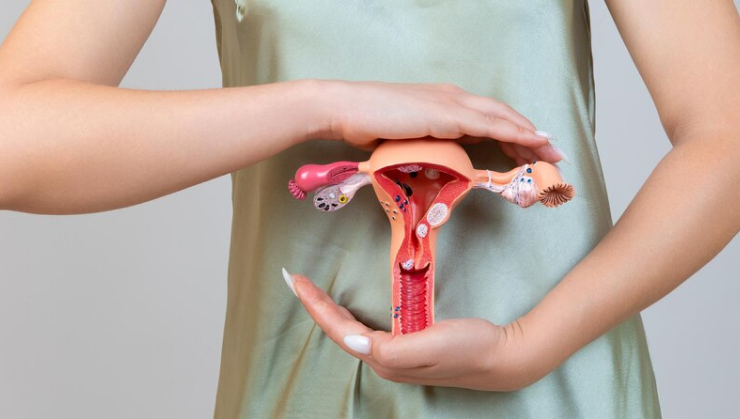B>Introduction:
Cervical health is a vital aspect of women's well-being, and regular screenings and vaccinations play a pivotal role in safeguarding it. In this article, we'll discuss the importance of cervical health awareness, focusing on two essential components: Pap smears and HPV (Human Papillomavirus) vaccination. These measures can significantly reduce the risk of cervical cancer and promote overall health.
Understanding Cervical Health:
The cervix is the lower part of the uterus that connects to the vagina. Cervical health is crucial because changes in the cervix can lead to cervical cancer. Most cervical cancer cases are caused by the Human Papillomavirus (HPV), a common sexually transmitted infection.
Pap Smears:
Pap smears, also known as Pap tests, are a cornerstone of cervical health screening. They involve collecting a sample of cervical cells to check for any abnormalities or precancerous changes. Here are the key points regarding Pap smears:
Importance:
- Early Detection: Pap smears can identify precancerous changes in the cervix, allowing for early intervention and preventing cervical cancer.
- High Success Rate: When performed regularly, Pap smears are highly effective in detecting abnormalities.
- Low Cost: Pap smears are relatively affordable and often covered by health insurance.
When to Get Pap Smears:
- Guidelines vary, but many healthcare providers recommend starting Pap smears at age 21.
- Most women between 21 and 65 should have a Pap smear every three years.
- After the age of 30, women can combine a Pap smear with an HPV test and extend the screening interval to every five years.
HPV Vaccination:
HPV vaccination is another critical component of cervical health awareness. The HPV vaccine is designed to protect against the most common types of HPV that cause cervical cancer.
Importance:
- Prevention: HPV vaccination can prevent many cases of cervical cancer, as well as other HPV-related cancers like throat and anal cancer.
- Safe and Effective: HPV vaccines have been extensively studied and proven to be safe and effective.
- Recommendations: The CDC recommends HPV vaccination for preteens and young adults, with catch-up vaccination available for older individuals.
Key Facts About HPV Vaccination:
- Vaccination is most effective when administered before exposure to the virus, which is why it's recommended for preteens.
- The HPV vaccine is typically given as a series of shots over a 6-month period.
- HPV vaccines are safe and have minimal side effects, with the most common being mild soreness at the injection site.
Conclusion:
Cervical health awareness, with a focus on Pap smears and HPV vaccination, is an essential part of women's healthcare. By understanding the importance of regular screenings and vaccination, individuals can take proactive steps to prevent cervical cancer and promote overall well-being. If you have questions about when to start screening, how often to have a Pap smear, or if the HPV vaccine is right for you or your child, consult a healthcare provider who can provide personalized guidance and support. Remember, cervical health is an investment in your long-term health and quality of life.
.pdf%20300X60%20PX-02-02.svg)



